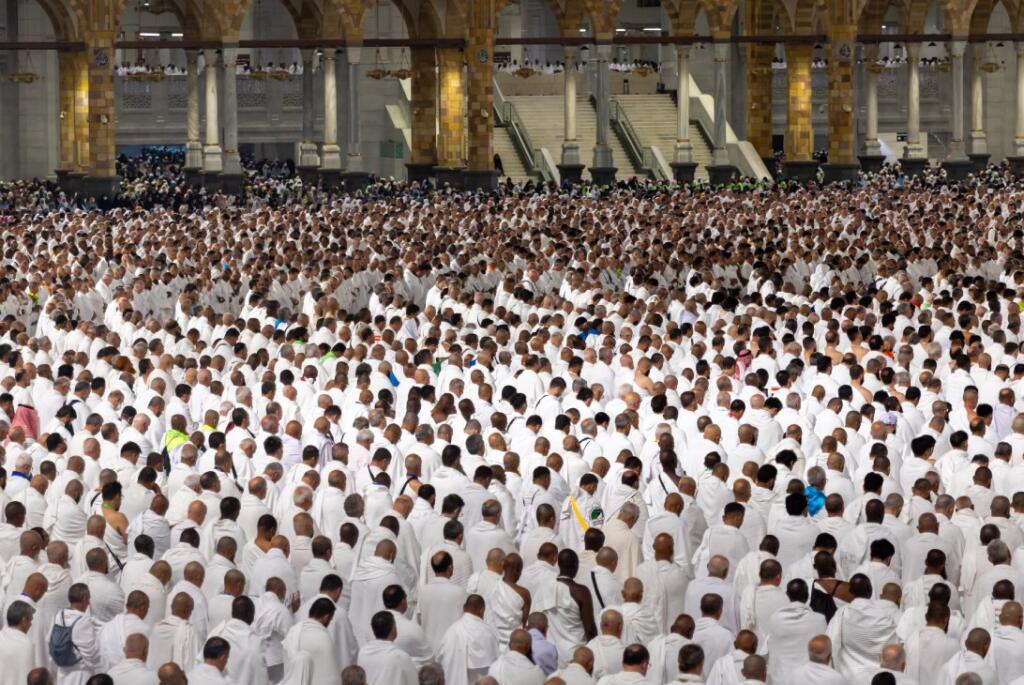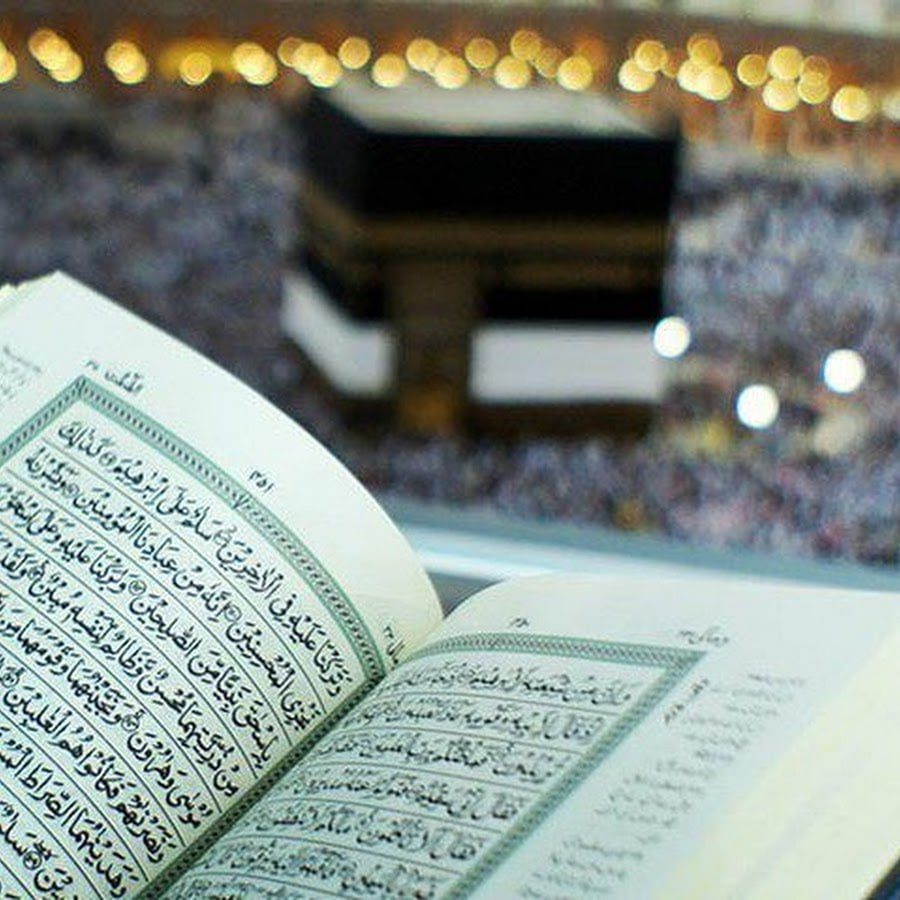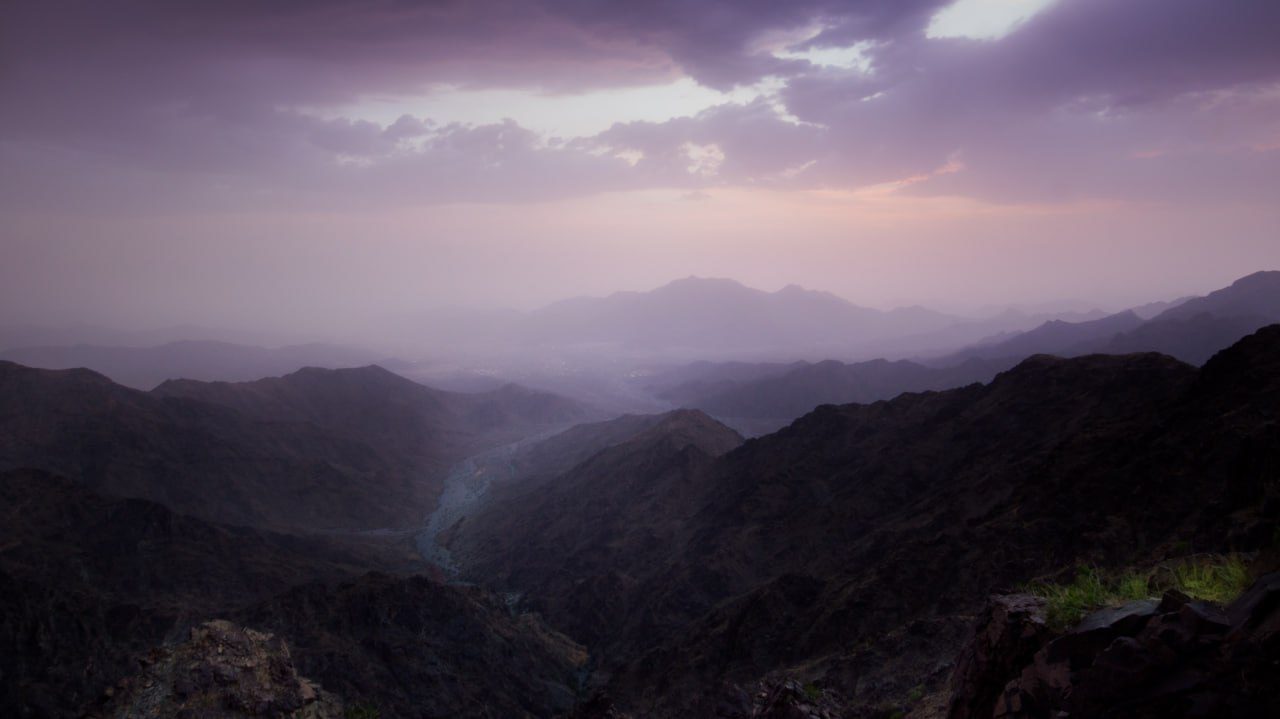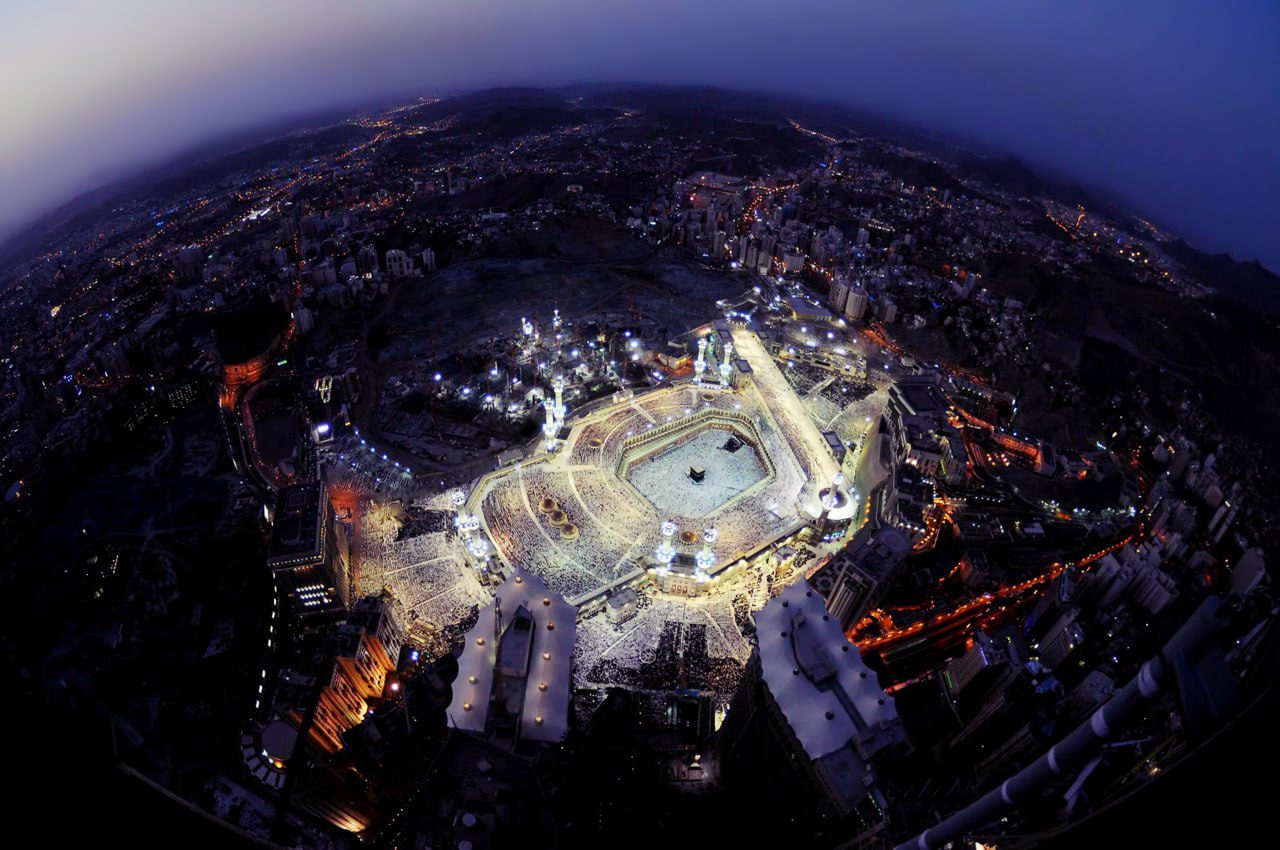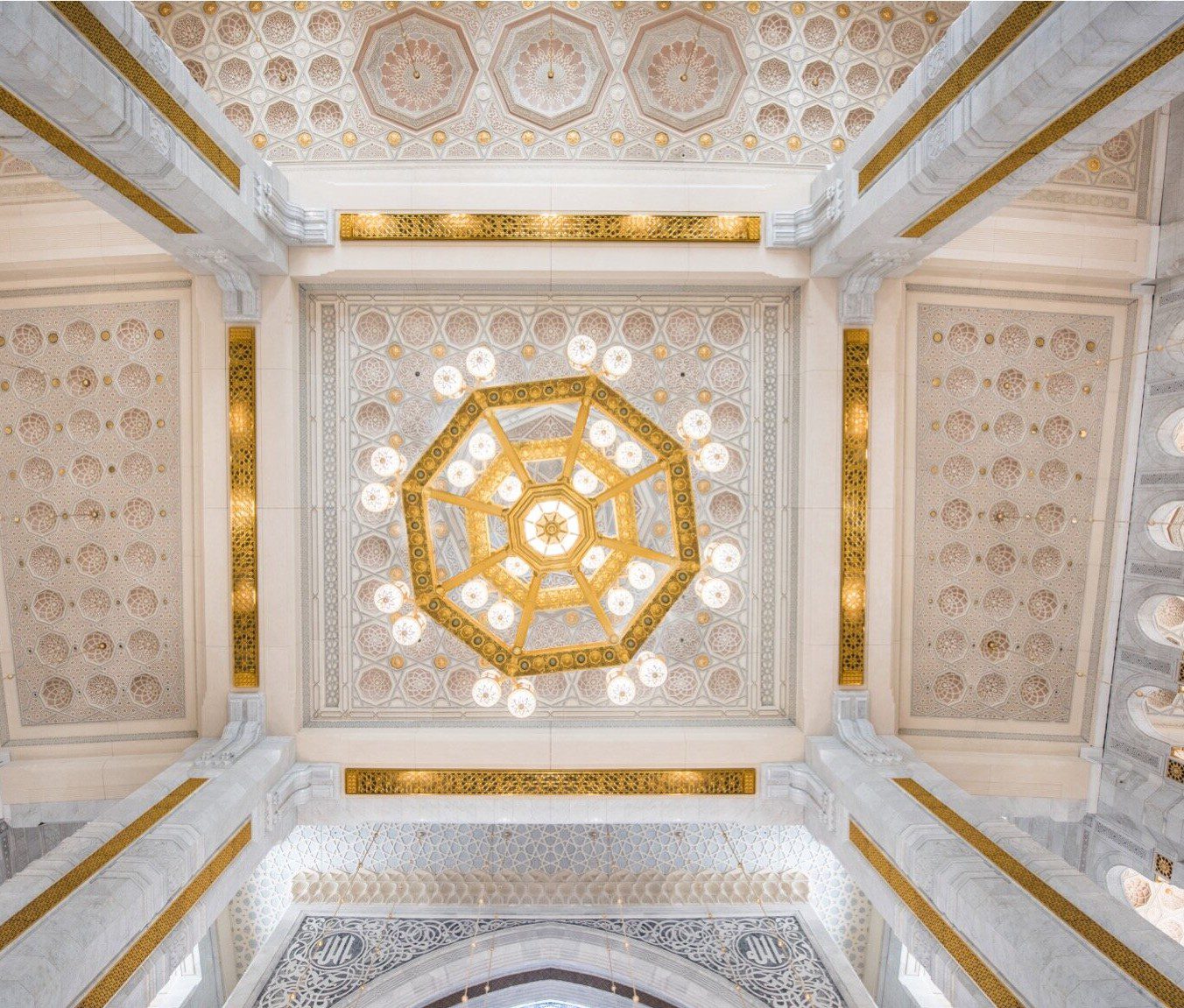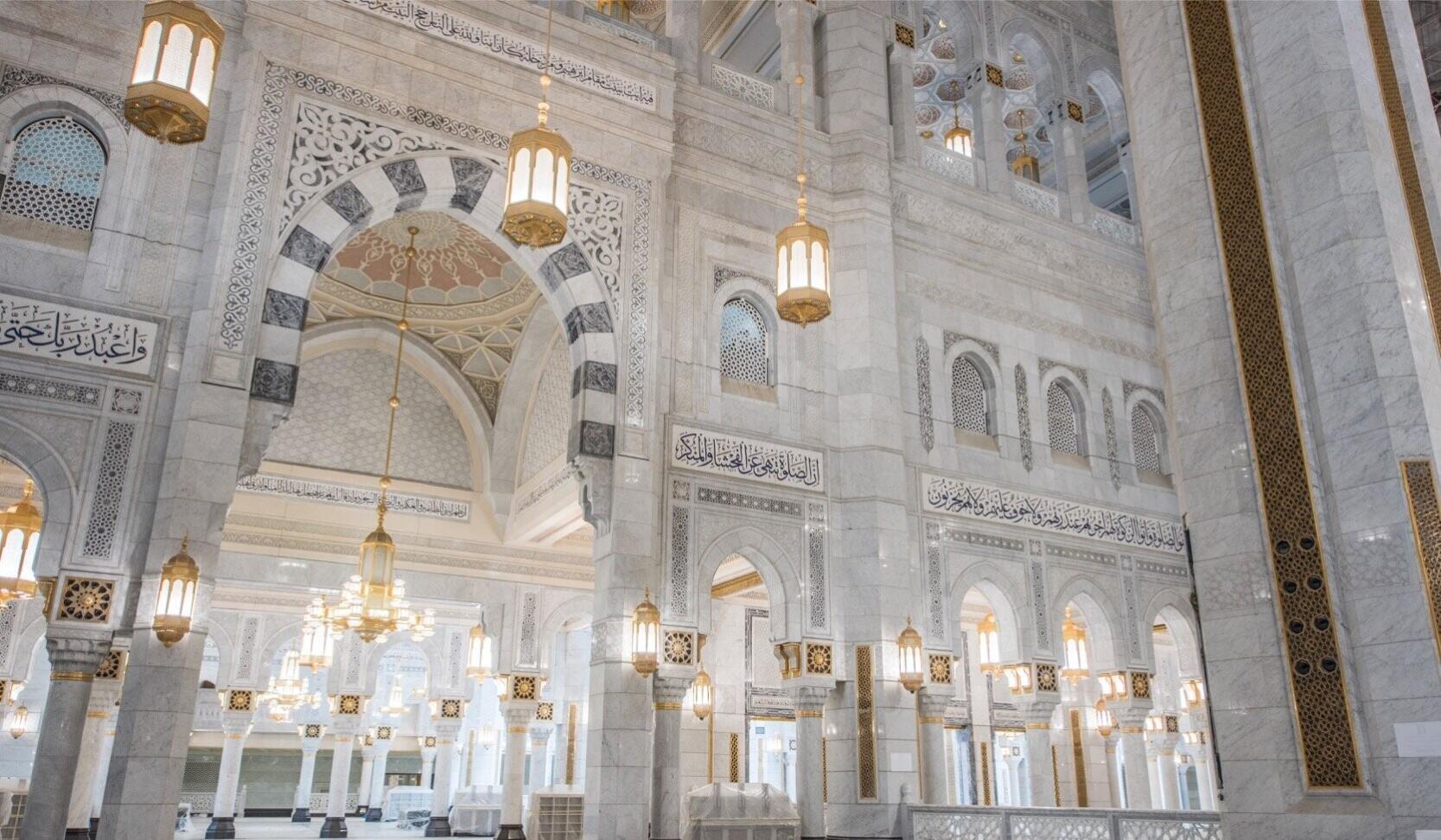“And remember Allah on the appointed days. Whoever departs swiftly in two days is not sinful, neither are those who stay behind (till the third), so long as they are mindful (of Allah). And be mindful of Allah, and know that you will be gathered before Him” (2:203).
Ḥajj is a reminder of the hereafter. The verses of ḥajj in Sūrah al-Baqarah end with the mention of resurrection, and Sūrah al-Ḥajj begins with the mention of zalzalah as-sāʿah (the quake of the Hour). This is not a coincidence. There is a profound connection between ḥajj and the hereafter. One of the primary aims of ḥajj is to strengthen your īmān in the hereafter.
Hajj: A Reminder of the Hereafter
From the moment you begin your journey, you are reminded of the Day of Judgement. You embark on a journey filled with uncertainty, unaware of the trials that may arise. This is why you make amends, pay off debts, write your will and bid farewell to loved ones; as if you are preparing for your final departure. You remind yourself and others that a day will come when you will leave and never return: “Every soul shall taste death…” (3:185).
Removing your worldly clothing and wearing the iḥrām resembles the burial shroud. With one shoulder uncovered, you are reminded of your total bareness on the Day of Resurrection, as the Prophet ﷺ said, “You will be gathered barefoot, naked, and uncircumcised” (Bukhārī). The horrors of that day will be so overwhelming that no one will even notice another’s nakedness.
As you remove symbols of status and wealth, you recall that this is how you will enter your grave. Nothing will follow you except your deeds. Allah ﷻ will say: “You have come to Us all alone, just as We had first created you, and you have left behind you what We had bestowed on you…” (6:94).
Walking between Ṣafā and Marwah reminds you of the frantic movement on that Day, when humanity will run from Prophet to Prophet, desperately seeking intercession.
The most powerful reminder of the hereafter is on the Day of ʿArafah. It mirrors the great standing to come: when all of creation will gather before Allah, exposed and helpless: “On that Day you will be brought to judgement and none of your secrets will remain hidden” (69:18).
As you witness the crowds standing together, humbled, overwhelmed by heat and thirst, you are reminded of the standing on the Day of Judgement. People will be drenched in sweat, awaiting their fate. The Prophet ﷺ described that sweat will reach up to the ears and seep seventy cubits into the ground.
Spending the night in Muzdalifah among millions of pilgrims, all wearing simple white clothes, lying and sleeping on the ground, right next to each other, reminds you of the grave. No matter who you are — your status, your wealth, your power — none of it will follow you there. In the end, it’s just you, the dust, and your deeds.
The adhān of fajr in Muzdalifah, which awakens you, reminds you of when the trumpet will be blown, raising you from your grave for the Day of Judgement.
Ḥajj involves constant movement between places and rituals: from the miqāt to Makkah, to Minā, to ʿArafah, to Muzdalifah, and back again. No other worship involves as many transitions. This motion reflects the stages and restlessness of the Day of Judgement: the resurrection, the gathering, the intercession, the judgement, receiving of the books, the scales and, the crossing of the ṣirāṭ.
And when you finally bid farewell to the sacred sites and return home, your heart is filled with peace and deep joy. You taste the sweetness of success after struggle: a glimpse of the eternal joy promised to the people of Paradise, once they have passed through the trials of the hereafter.
Ḥajj is a rehearsal for the hereafter. At every step, let it remind you to prepare to meet Allah and strive to be among the people of al-Firdaws: the highest level of Paradise.
Make the Hereafter Your Goal
The relentless storm of modern life draws us into the allure of the world: its glitter, distractions and entertainment. This pulls us away from our true purpose and weakens our relationship with Allah. Ḥajj is a powerful reminder that this life is temporary. It is merely a means, not the end. The ultimate life is the hereafter.
During ḥajj, you realise how little material possessions you truly need to live a meaningful life. Let this experience shape you when you return home: choose simplicity, and shift your focus from collecting possessions to living a hereafter-centric life. And when you do this, the dunyā will follow. The Prophet ﷺ said, “Whoever’s concern is the hereafter, Allah will place richness in his heart, gather and organise his life, and the world will come to him regardless (of circumstances, obstacles or people). Whoever’s concern is the world, Allah will place poverty in front of him, make his life chaotic, and he will get nothing of the world except what is decreed for him” (Tirmidhī).
Detach your heart from the world by constantly reflecting on the hereafter and its various stages. Remembering death is vital to eliminate the love of this world from our hearts and getting closer to Allah. The Messenger of Allah ﷺ said, “Frequently remember the destroyer of pleasures” i.e. death (Tirmidhī).
Act: Think of death every night when you retire to bed.
Reflect: When you make decisions, is the hereafter a real consideration or just an afterthought?
Always remember that your time in this world is limited. Have a sense of urgency to do as much good as possible. Focus your efforts on building ṣadaqah jāriyah: ongoing charity that lives on after you. These are the deeds that will light up your grave, protect you from the horrors of the Hellfire, and lead you to Paradise.
Don’t let the devils, your desires and the dunyā distract you from reaching your ultimate destination: the pleasure of Allah and seeing Him in Paradise.
“Be in the world as though you are a stranger or a traveller, and consider yourself from the inhabitants of the graves.” – The Messenger of Allah ﷺ – (Bukhārī)

